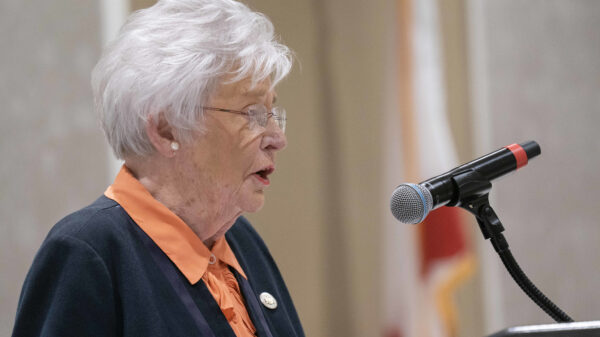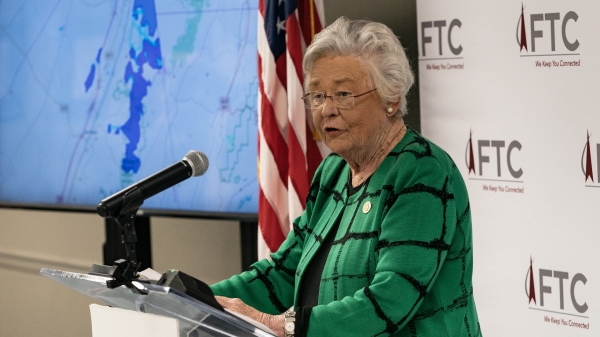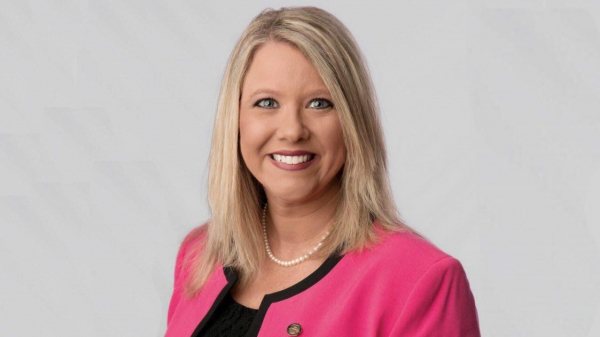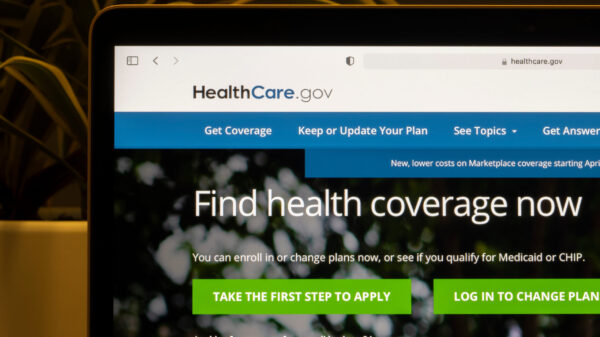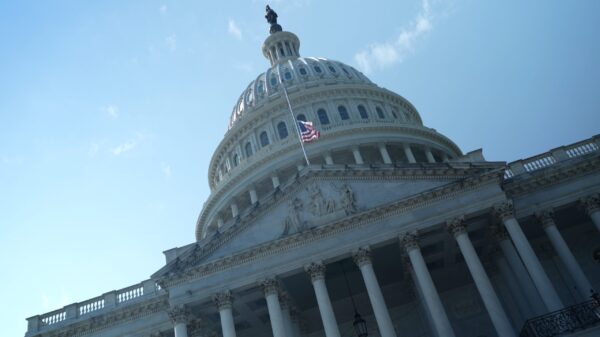On Wednesday, 52 organizations from across Alabama sent a letter to Gov. Kay Ivey and the members of Alabama’s state legislature urging them to contact members of Congress and express concerns about the U.S. House’s budget reconciliation bill — also known as the “One Big Beautiful Bill Act.” Specifically, the letter highlights the cuts which the Republican budget proposal would make to Medicaid and the Affordable Care Act and the harmful impact these cuts would have on Alabama families.
The organizations behind the letter are members of Cover Alabama, a self-described “nonpartisan alliance of community partners, consumer groups, health care providers and faith groups advocating for Alabama to provide quality, affordable health coverage to its residents and implement a sustainable health care system.”
“We are writing to raise serious concerns about the budget reconciliation bill under consideration in Congress,” the groups’ letter reads. “If passed, this legislation would undermine Alabama’s ability to manage its Medicaid program, limit our future options and increase barriers to coverage for families across our state.”
In its current form, the budget reconciliation bill would strip Alabama of $619 million in extra federal funding set aside to help the state cover the first two years of its much-needed Medicaid expansion. As the organizations note in their letter, that funding was created to offset the fact that Alabama and the nine other states who have yet to expand their Medicaid programs did not benefit from the original 100 percent federal match rate offered when the option to expand Medicaid was first introduced under the ACA.
The organizations also point out that the new Medicaid work requirements and eligibility redeterminations outlined in the bill could strip coverage away from Alabamians who are currently eligible for Medicaid. Additionally, they note that the bill’s reduction of retroactive Medicaid coverage from three months to one month would “put many Alabamians at financial and medical risk — particularly pregnant women.”
“This is especially concerning given Alabama’s recent step forward in establishing presumptive eligibility for pregnant women,” they write. “Reducing retroactive Medicaid coverage would directly undermine the intent of that policy, creating unnecessary delays in prenatal care and risking poorer health outcomes for mothers and babies.”
All told, nonpartisan health policy organization KFF estimates that over the next ten years Alabama would lose a baseline of $3 billion in federal spending and would experience a Medicaid enrollment loss of 42,000 individuals if the “One Big Beautiful Bill” passes in its current form.
The bill would also prevent Alabama from expanding its own state funding of Medicaid by freezing provider taxes at current levels, preventing increases even in response to inflation, changes in service demand, or new health care priorities.
As for the Affordable Care Act, the current Republican budget would allow enhanced ACA tax credits to expire, only adding to the number of Alabamians who would lose access to healthcare by making Marketplace plans less affordable.
“This would result in coverage losses and higher uninsured rates, especially among working families who don’t qualify for Medicaid but can’t afford full-price private plans,” the organizations note. “Letting enhanced tax credits expire would cost the state an estimated $1.14 billion in lost GDP and 10,000 jobs by 2026. This would worsen economic distress in rural communities and stall local economic growth precisely where it is most needed.”
KFF estimates that the expiration of these tax credits compounded with the bill’s cuts to Medicaid spending could result in around 170,000 Alabamians losing access to healthcare.
“This legislation doesn’t just threaten health coverage for low-income families. It also would strip Alabama of the tools, flexibility and funding we need to manage our own Medicaid program in the way that works best for our state,” the organizations concluded. “We urge you to contact members of Congress and make clear your concerns about this bill and its impact on Alabama. Alabama needs solutions that expand access to care, support our health care providers and respect our state’s decision-making — not more red tape and bureaucratic constraints. Thank you for your time and continued service.”
Alabama Arise, the ACLU of Alabama, the Alabama Chapter of the American Academy of Pediatrics, Communications Workers of America, the North Alabama Area Labor Council, the American Cancer Society Cancer Action Network and the American Lung Association are among the organizations behind the letter.






